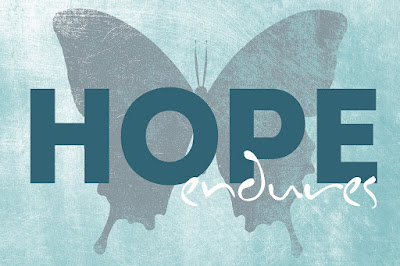Photo from Pixabay
We humans are such complicated creatures. We have been gifted with two traits that allow us to rise above the other animals: our intelligence and our emotions.
Our intelligence has allowed us to mold, shape, and develop the world into a place that works for us and gives us the best opportunity for survival. For the most part, we are not at the mercy of the elements, and we don’t have to struggle day after day to find food or shelter. We even have technological luxuries that keep us entertained and developed advancements to prolong our lives.
With all of our advancements and our gift of superior knowledge, our emotions keep things balanced. They knock us off our pedestal and remind us that despite our knowledge and refinements, we’re still figuring life out.
The vast majority of humans strive for happiness. They want to feel good and smile and know they are secure. There’s nothing wrong with wanting happiness, but it’s a misguided notion. Complete happiness is also impossible to attain.
No matter how hard we try, we cannot escape the other emotions. Anger, sadness, jealousy, and everything in between are part of who we are as humans. Like happiness, there’s nothing wrong with these emotions, but the vast majority of us try to ignore this side of ourselves and deny that we feel what we feel.
In a lot of cases, this becomes incredibly evident when tragedy strikes. We may allow ourselves some time of tears and sadness, but often, before we are ready, we tell ourselves it’s time to move on. We convince ourselves that we have to be strong for others. We shove the negative emotions down deep and tell ourselves and others that we are okay.
This does not make the emotions go away.
Pretending everything is all right doesn’t take us one step closer to happiness or coping.
If we don’t deal with our emotions when they arise, they will manifest in another form.
Oftentimes, we aren’t even aware of this new manifestation of emotions. We may feel isolated—like no one else can possibly understand what we’re going through—and we tell others that we are fine. Yet, we then lash out unnecessarily and uncontrollably. We tell ourselves that it was the other person’s fault because we are coping just fine. They are the problem, not us.
Photo by Kristina Tripkovic on Unsplash
These actions become self-fulfilling prophecies. By mindlessly and needlessly lashing out at others, we do end up pushing them away and becoming isolated. This, of course, leads to more negative emotions and believing that something is wrong with the world.
There’s nothing wrong with wanting to be happy. It’s a good life goal to have. But it’s also important to realize that with the light, there has to be the dark. We can’t appreciate one without the other.
We also have to realize that if we feel anything less than happiness, that’s okay. We haven’t failed at life if we are sad or angry. We are human.
When we deny our emotions, we let fear and worry take over our lives. More often than not, we don’t realize this has happened until we wake up one morning and feel different. It is at this moment that we take the time to look back at events and realize we weren’t handling things the way we thought we were.
In some cases, we may have caused a lot of damage—said mean and hurtful things to the people who were trying to help—and it may be impossible to undo those actions.
We humans have been given some amazing gifts, but we don’t always know what to do with them. There is no shame in having emotions, including negative ones, and it doesn’t make us weak to experience them. I repeat: having emotions DOES NOT make us weak. It makes us human.
No one is perfect, and no one is above their emotions. Instead of trying to conquer them, let them be part of who you are—they are anyway. Instead of looking for happiness, strive to be content. It acknowledges that life is full of ups and downs and gives us the ability to accept the good and the bad.
Don’t deny your emotions. Acknowledge them. Let them be heard. Let them run their course. Nothing lasts forever. Not happiness, not anger, not grief, not anxiety. I know it feels like you are losing control through this act, but you’re not. You’re actually gaining a better understanding of yourself and developing strength.
Photo from Pixabay








